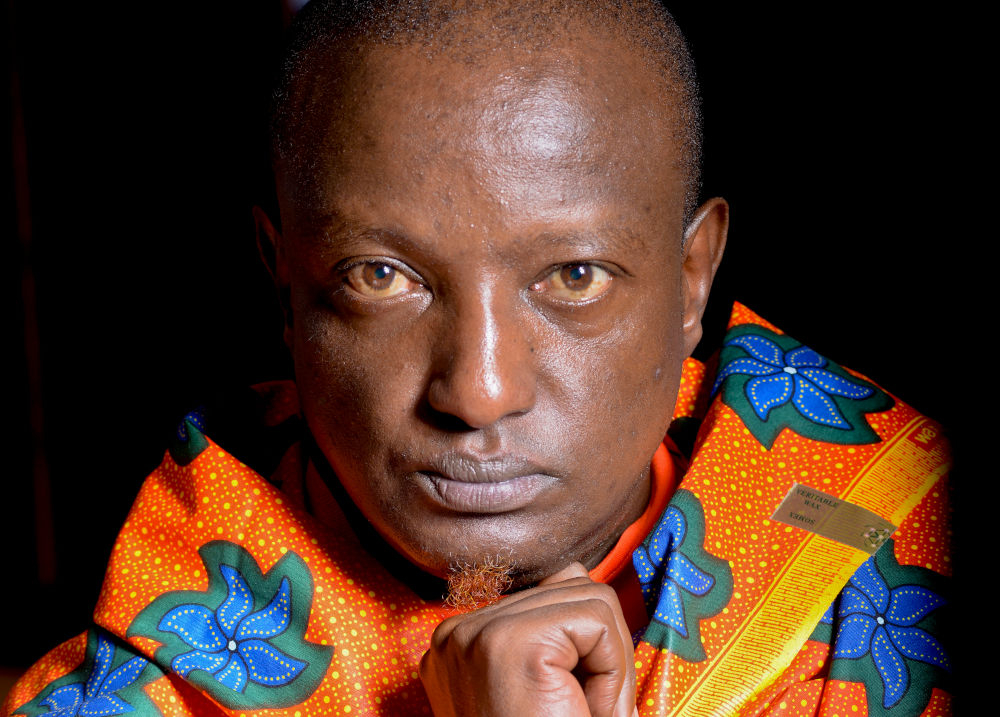The significance of Binyavanga Wainaina, the Kenyan writer who died a year ago on May 21, 2019, cannot be underestimated. "He opened the space for young African writers who have gone on to give us some of the best writing in generations," James Murua writes in The Elephant.
And more. "He changed my perception of what being African was", Murua continues. "(He) spoke about the need to write back to the European canon (...) challenging the writing that defined Africa from the likes of Ernest Hemmingway and Joseph Conrad."
The Binj, as Wainaina was commonly know, wrote in English. "It was The Binj at his best, showing what English could become in the ownership of a writer with his singular talents," Muruo notes.
While a whole new generation of writers from the African continent have contributed to a resounding renaissance of literature, Wainaina's role is particularly importany. Murua: "The appearance of Binyavanga Wainaina signified a shift not only in Kenya but across the continent. After many years of inactivity, the “literary desert” got a new lease of life with the publishing of the literary journal Kwani? (which in Kenyan slang means “so what?”). That journal gave us the next winner of the Caine Prize, Yvonne Adhiambo Owuor. In the years that followed, the journal introduced many writers to the African literary community like the aforementioned Yvonne Adhiambo Owuor, Parselelo Kantai, Muthoni Garland, Dayo Forster, Billy Kahora, Andia Kisia, and many more that became the foundation of the literary community that we all look up to today."
Read the article here.


